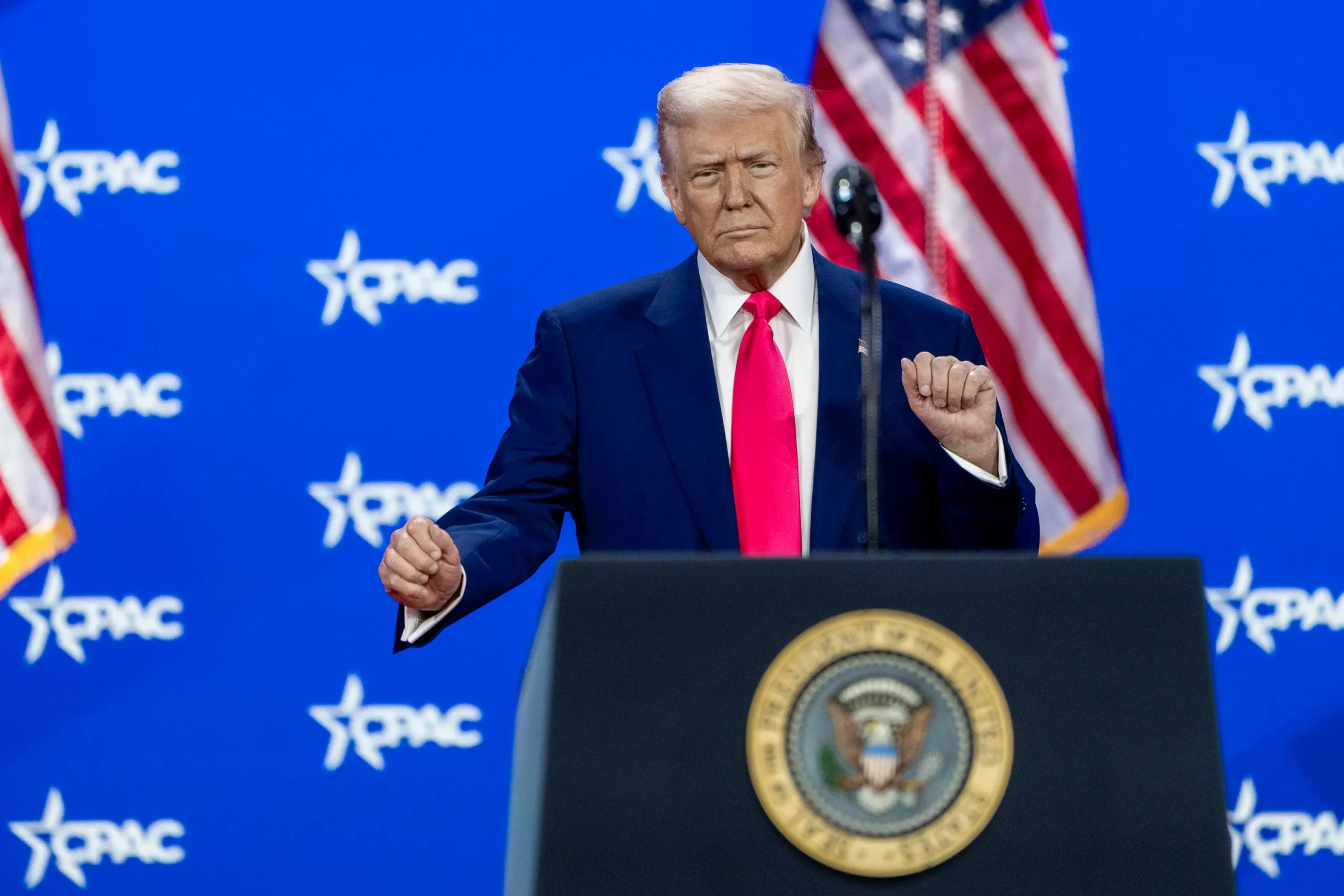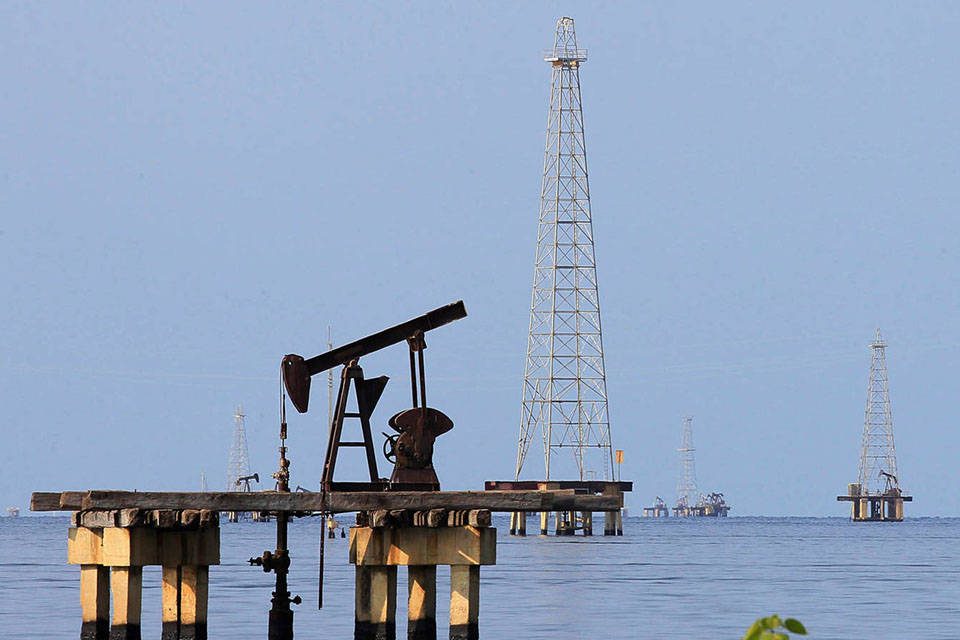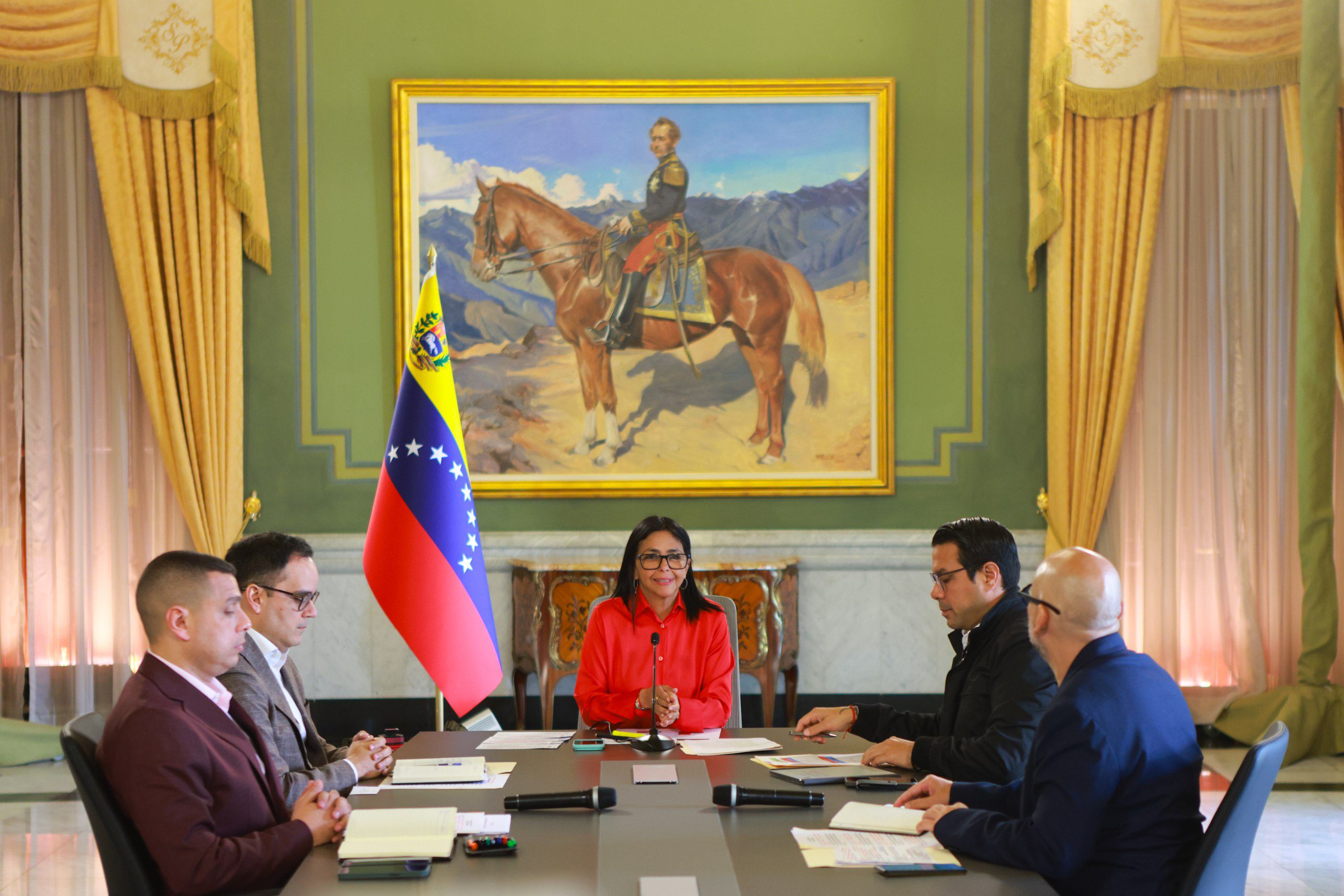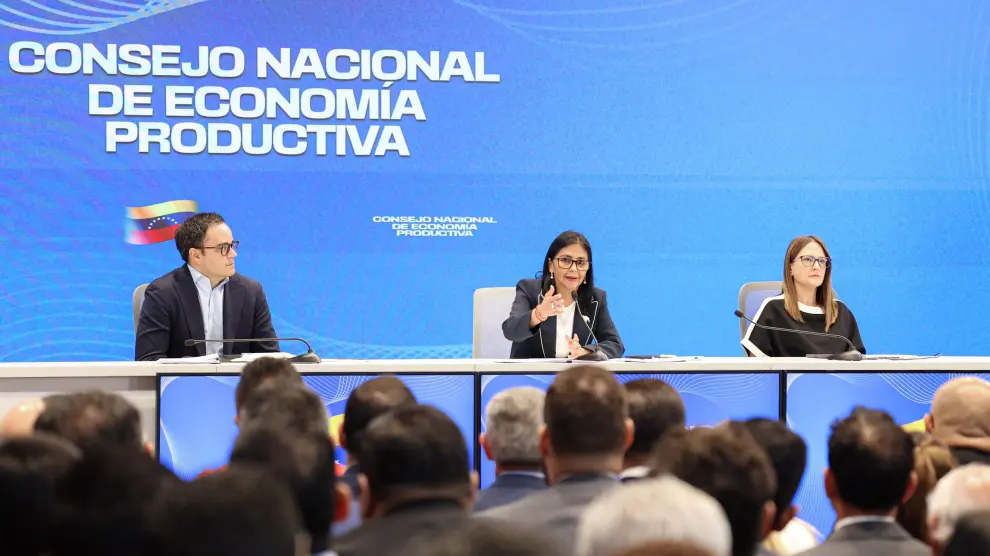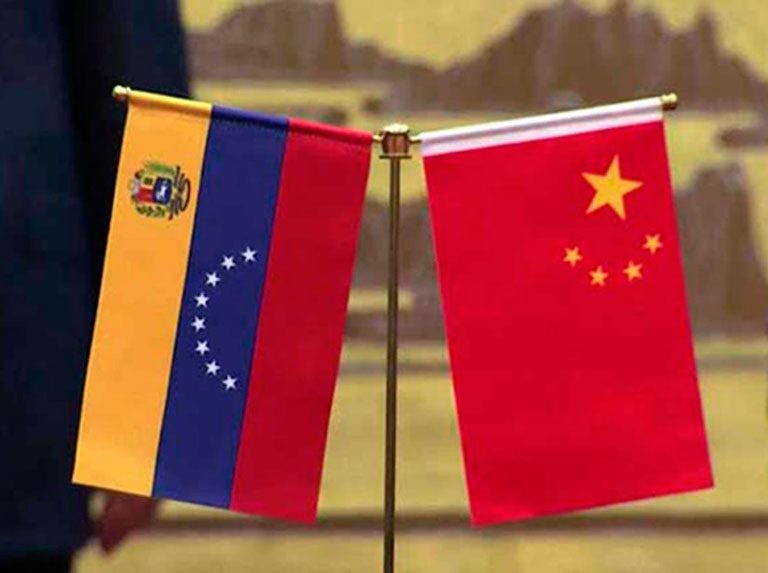President Donald Trump announced a 25% tariff on all trade with the United States for any country that purchases oil and gas from Venezuela. Photo: White House.
Guacamaya, March 24, 2025. The President of the United States, Donald Trump, announced on Monday that he will impose a 25% tariff on all countries that buy oil and gas from Venezuela.
The measure is known as a secondary tariff. If enacted, it will affect countries around the world starting April 2. The tariff would apply to all trade between these nations and the United States.
In a post on Truth Social, Trump claimed that the reason for these tariffs was Venezuela’s alleged sending of criminals to the U.S., but added that “we are in the process of sending them back” to their home country.
On Sunday, another deportation flight of Venezuelans from U.S. soil took place via Honduras.
According to the Reuters news agency, the main importers of Venezuelan oil are the U.S., China, Spain, India, and Cuba. Due to the renewed tightening of sanctions, the primary buyers of Venezuelan crude may soon be limited to just Cuba, Iran, and Malaysia—with the latter two likely re-exporting to China.
By penalizing the purchase of hydrocarbons from the South American country, Washington would be encouraging buyers to source oil from the U.S. instead—and at a lower price. However, this measure would only make sense if American companies were allowed to export Venezuelan oil and gas, meaning they would need exemptions from sanctions or a full lifting of restrictions.
Tariffs have become one of the key diplomatic tools in Trump’s second administration. They have already been imposed or threatened against some of the U.S.’s largest trade partners, including China, the European Union, Canada, and Mexico.

